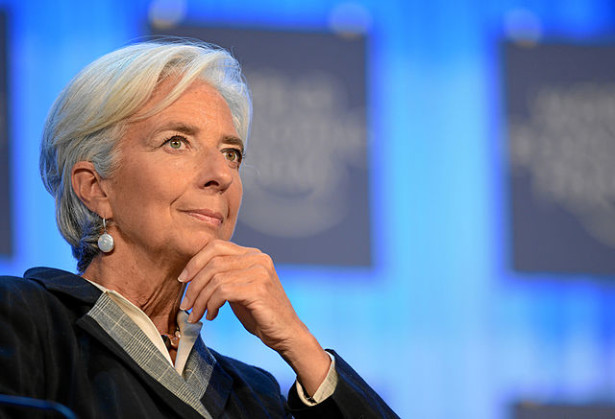
On Monday, International Monetary Fund managing director Christine Lagarde withdrew as the 2014 commencement speaker at Smith College after a petition opposing the decision gathered hundreds of signatures.
Time magazine said “many were shocked by the news,” and then featured several tweets supporting Lagarde.
“Those who objected will be satisfied that their activism has had a desired effect,” wrote Smith President Kathleen McCartney. “But at what cost to Smith College?”
A better question, perhaps, would be: What has been saved by not having Lagarde speak at the college?
As the petition stated, the IMF has promoted policies that have hurt the poor, and strengthened “imperialist and patriarchal systems that oppress and abuse women worldwide.” Selecting Lagarde, therefore, goes “directly against Smith’s values to stand in unity with equality for all women, regardless of race, ethnicity or class.”
It would be one thing if the economic policies pushed by the IMF that have been so devastating to so many people around the world were safely in the past. But, unfortunately, they are not.
Look at the $17 billion IMF loan to “help” Ukraine in its time of need. Approved at the end of April, the IMF package comes with many of the usual strings attached, including cuts to pensions, subsidies and social services that benefit poor and working people. In essence, it’s hawking the tired austerity measures that have exacerbated the economic crises in Spain, Greece and so many other places.
In The Body Economic, David Stuckler and Sanjay Basu marshal extensive evidence that austerity isn’t just bad economic policy, it literally kills. The IMF’s prescriptions have — time and time again — led to a significant rise in depression, suicides, outbreaks of infectious disease, and many other health problems.
“Had the austerity experiments been governed by the same rigorous standards as clinical trials, they would have been discontinued long ago by a board of medical ethics,” Stuckler and Basu conclude. “The side effects of the austerity treatment have been severe and often deadly.”
Rather than violating respect for a “diversity of opinions” on campus, as McCartney claimed in her statement, the students at Smith have shown that their expensive education has not been wasted.
